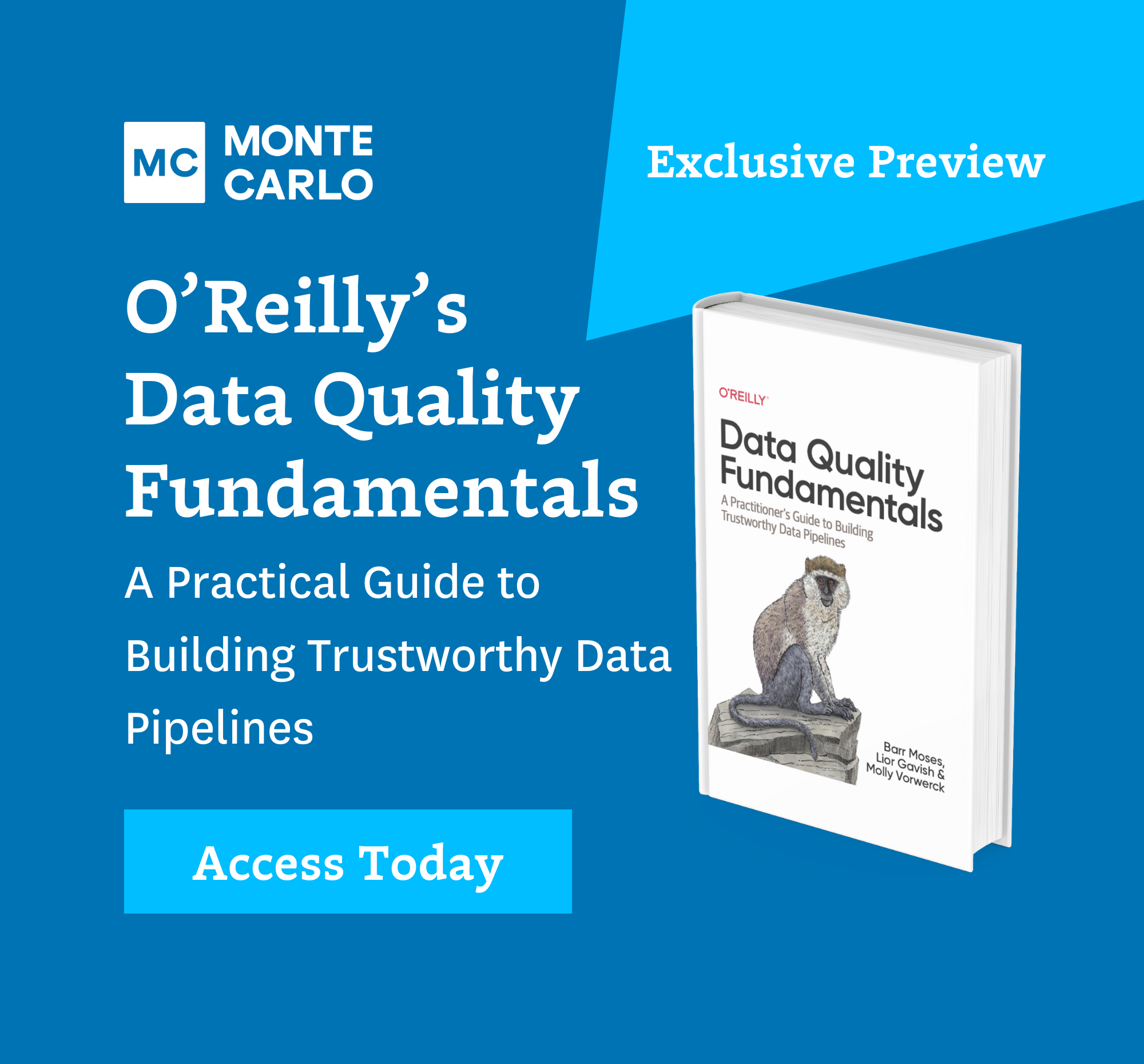Data Versioning: A Comprehensive Guide for Modern Data Teams

Data doesn’t just flow – it floods in at breakneck speed. How do we track this tsunami of changes, ensure data integrity, and extract meaningful insights?
Data versioning is the answer. It provides us with a systematic approach to tracking changes, ensuring data integrity, and enabling meaningful insights within today’s fluid and complex data environment.
In this guide, we’ll explore how data versioning enhances our ability to capitalize on data even as information evolves rapidly. Let’s dive in!
Table of Contents
What is Data Versioning?
Data versioning is the practice of tracking and managing changes to datasets over time. While it shares similarities with software versioning, data versioning has unique characteristics specific to your data management needs. It involves:
- Capturing snapshots of datasets at different points in time.
- Tracking changes between versions.
- Maintaining metadata about each version.
- Providing mechanisms to access and compare different versions.
By implementing data versioning, you can create a systematic approach to managing the evolution of your data.
Why is Data Versioning Important?
Data versioning is more than simple record-keeping; it’s important for providing:
- Improved Data Integrity and Reliability: By maintaining a clear history of changes, you ensure the accuracy and consistency of your data over time.
- Enhanced Reproducibility: You can easily reproduce your analyses and results by referencing specific versions of datasets.
- Efficient Troubleshooting: When issues arise, you can quickly identify when and where changes occurred, streamlining the debugging process.
- Support for Experimentation: You can facilitate A/B testing and other experimental approaches by easily comparing different dataset versions.
- Lineage and Traceability: You get a clear audit trail of how your data has evolved, which is crucial for understanding data provenance and meeting your regulatory requirements.
By leveraging data versioning, you can significantly enhance your data management practices, leading to more reliable analyses, better decision-making, and improved operational efficiency.
Common Challenges in Data Versioning
While data versioning offers many benefits, it also comes with its own set of challenges:
- Versioning Large Datasets: Managing multiple versions of large datasets can be challenging due to additional storage and performance requirements.
- Pipeline Integration: Integrating data versioning with existing data pipelines, particularly ETL (Extract, Transform, Load) processes, requires careful planning and implementation to ensure smooth data flows and version tracking throughout the data lifecycle.
Best Practices for Implementing Data Versioning
To successfully implement data versioning, try some of our best practices:
- Choose the Right Strategy: An appropriate versioning strategy depends on your specific needs and constraints, such as your data volume, update frequency, and team structure. This includes determining version numbering schemes (e.g., semantic versioning), establishing rules for when to create new versions (such as after significant data updates or schema changes), and deciding on storage methods for different versions (like full copies vs. delta storage).
- Implement Robust Metadata Management: Effective metadata management is crucial for our data versioning. We ensure that each version is accompanied by comprehensive metadata describing the changes and context, including details of which ETL processes were applied.
- Automate Version Control: We automate version control processes to help reduce errors and improve efficiency in our data management. Also, we implement automated workflows for creating, tracking, and managing versions, integrating these with our ETL pipelines.
- Establish Clear Policies: We develop and communicate clear versioning policies to ensure consistency and clarity across our organization. We define guidelines for version naming, retention, and access control, considering the impact on our ETL processes.
Data Versioning Tools and Technologies
To make data versioning easier, there are several specialized tools and technologies:
- Git-based Solutions: Tools like DVC (Data Version Control) and LakeFS leverage Git-like version control for datasets, offering familiar interfaces for developers.
- Data Catalog Tools: Platforms such as Collibra and Alation offer versioning as part of their broader data governance and catalog features.
- ETL-specific Tools: Some modern ETL tools, like Talend and Informatica, incorporate versioning capabilities directly into their data integration workflows.
When selecting a data versioning tool, consider its scalability, integration capabilities with your existing ETL processes, and ease of use.
Tracking Data Versions with Monte Carlo
But for modern data teams, data versioning is just the beginning. To truly master your data management, you need data observability. Data observability provides comprehensive, real-time insights into the health, quality, and reliability of your data across its entire lifecycle.
With a data observability platform like Monte Carlo, you can:
- Monitor data quality across different versions of datasets and throughout your entire data ecosystem.
- Proactively alert teams to data issues before they impact downstream processes or decision-making.
- Ensure end-to-end data lineage and traceability as datasets evolve and move through your pipelines.
By embracing data observability with Monte Carlo, data teams can go beyond basic versioning to ensure the integrity, reliability, and trustworthiness of their entire data infrastructure. This empowers teams to make confident, data-driven decisions and maintain high data quality standards across the organization.

Don’t just version your data – observe it. To discover how Monte Carlo can transform your data management practices and drive data reliability at scale, request a demo below or explore our resources.
Our promise: we will show you the product.
Frequently Asked Questions
Why do we need data versioning?
You need data versioning to track changes, ensure data integrity, enhance reproducibility, troubleshoot efficiently, support experimentation, and provide lineage and traceability. This leads to more reliable analyses, better decision-making, and improved operational efficiency.
What is the difference between data backups and versioning?
Data backups involve creating copies of data for recovery purposes, while data versioning involves tracking and managing changes to datasets over time, capturing snapshots, and maintaining metadata for each version to ensure data integrity and enable easy comparison between versions.
What is meant by data versioning?
Data versioning is the practice of tracking and managing changes to datasets over time, capturing snapshots at different points, maintaining metadata, and providing mechanisms to access and compare different versions. This ensures data integrity and facilitates efficient data management.
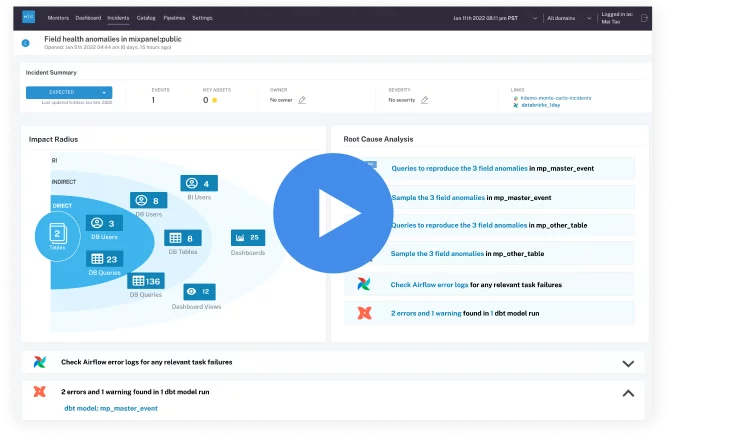 Product demo.
Product demo. 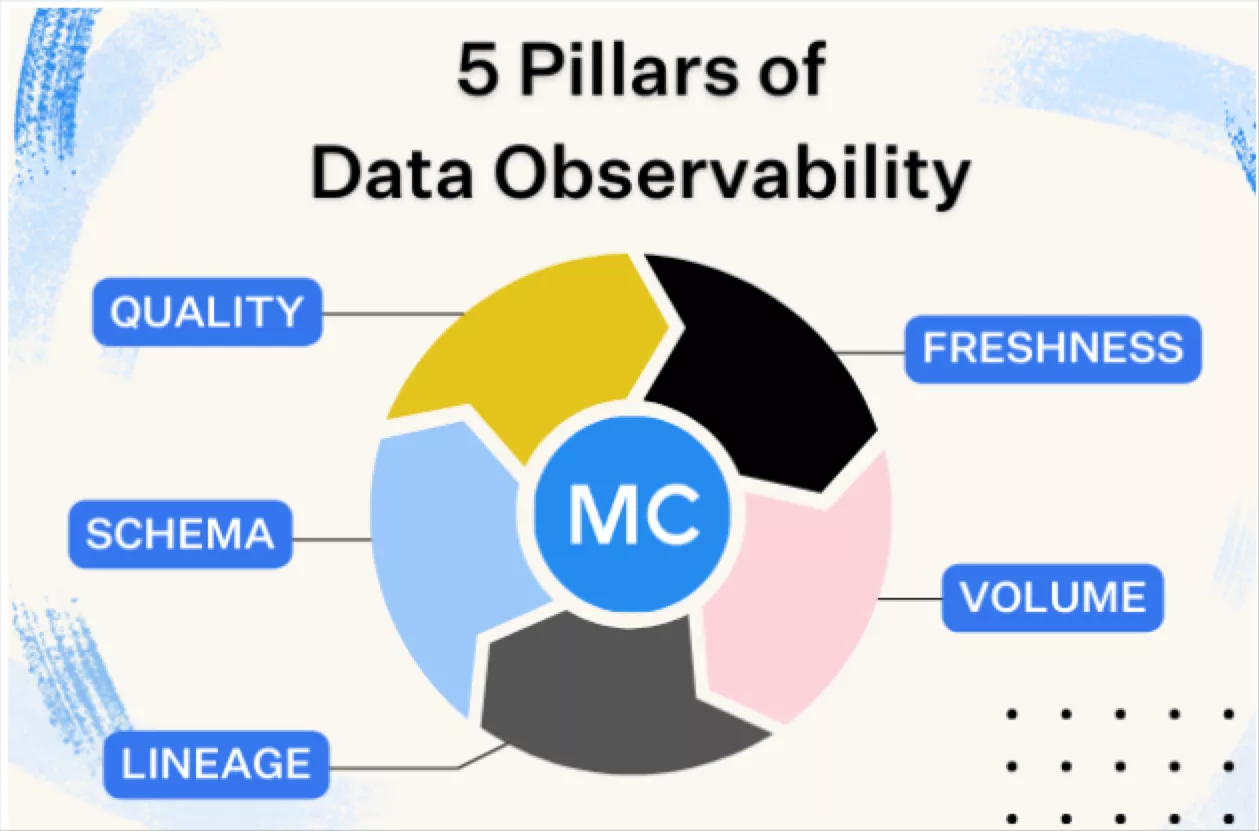 What is data observability?
What is data observability? 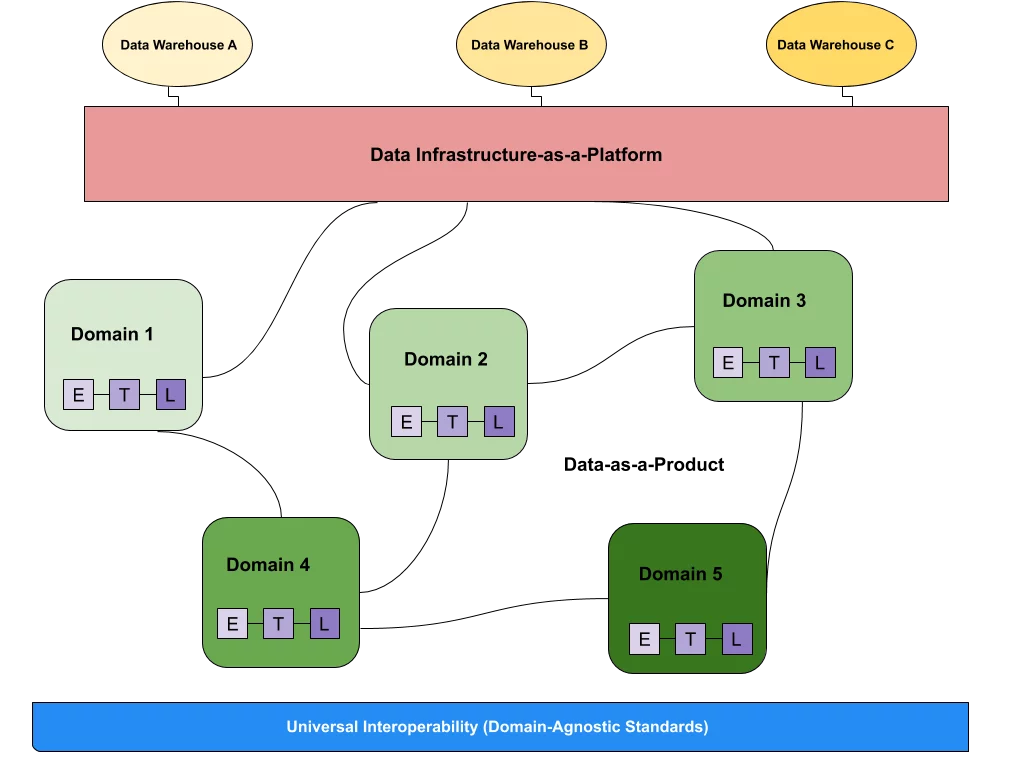 What is a data mesh--and how not to mesh it up
What is a data mesh--and how not to mesh it up 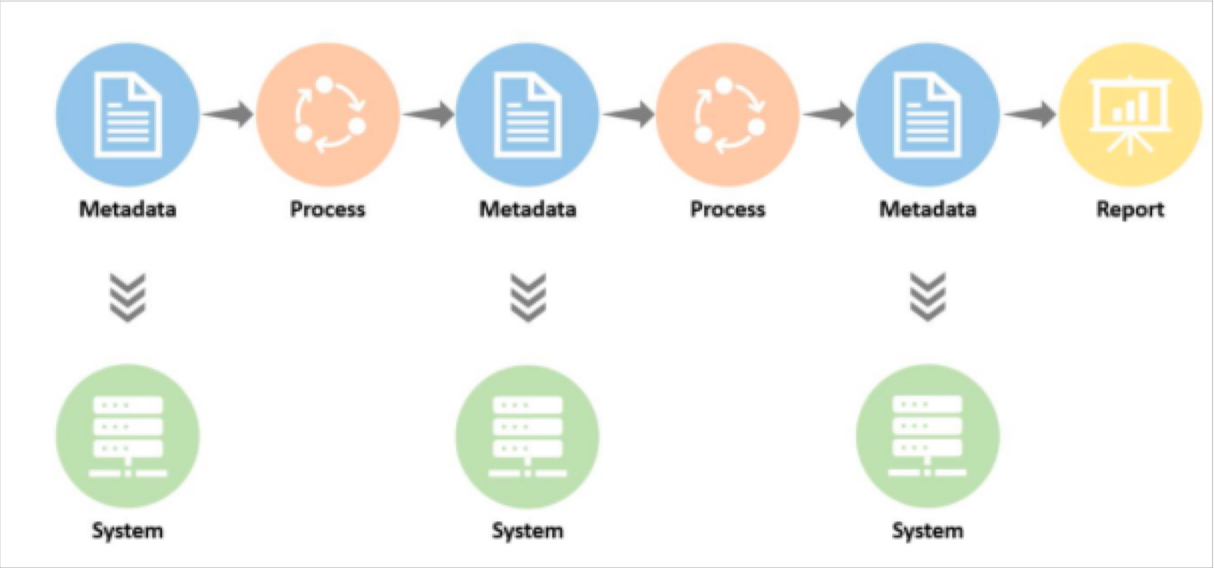 The ULTIMATE Guide To Data Lineage
The ULTIMATE Guide To Data Lineage 



